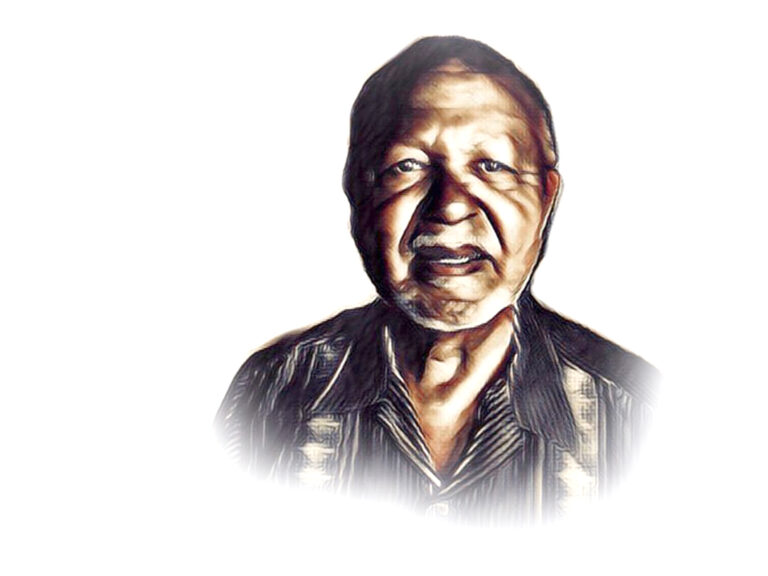Reverend J. Oscar McCloud ’58 grew up on a Georgia plantation, a son of sharecroppers. With his parents in no position to finance his education, Oscar first found Warren Wilson, a junior college at the time, with a work program that allowed students of lesser means to attend. Then, he found Berea College, which offered him a similar opportunity to finish his bachelor’s degree.
“I have a deep appreciation for Berea,” Oscar said, “both the formal and informal education I received. The faculty was very much a part of the student life. That was an important thing for me.”
At that time, Oscar became one of just 35 African-Americans matriculating at Berea, just a few years after the Day Law segregating private colleges in Kentucky was rescinded. Drawn by the opportunity, he was mostly moved by the origin story—a tale of radical, Christian reformers on a mission of equality and love. He hoped Berea would one day regain the level of diversity the College enjoyed before being segregated.
“The fact that Berea has moved light-years from where it was when I was a student, in terms of diversity, is important,” Oscar said. “The Black Studies program, the Carter G. Woodson Center, the diverse faculty, and efforts to diversify the student body, all increase Berea’s relevance and allow the school to be as socially radical as the founders wanted it to be.”
Over the years, Oscar, now a retired Presbyterian minister and former trustee living in Atlanta, became a faithful supporter of the Berea Fund to further that ideal.
“It feels good to give because I realize if somebody hadn’t provided the resources, I would not have had the opportunity to attend Berea,” he said. “I continue to be impressed that a lot of students are the first in their families to go to college, and that family income is a negative factor for getting in. I like that the children of most Berea graduates can’t go to Berea because their parents make too much money. That’s not a characteristic of many colleges.”


